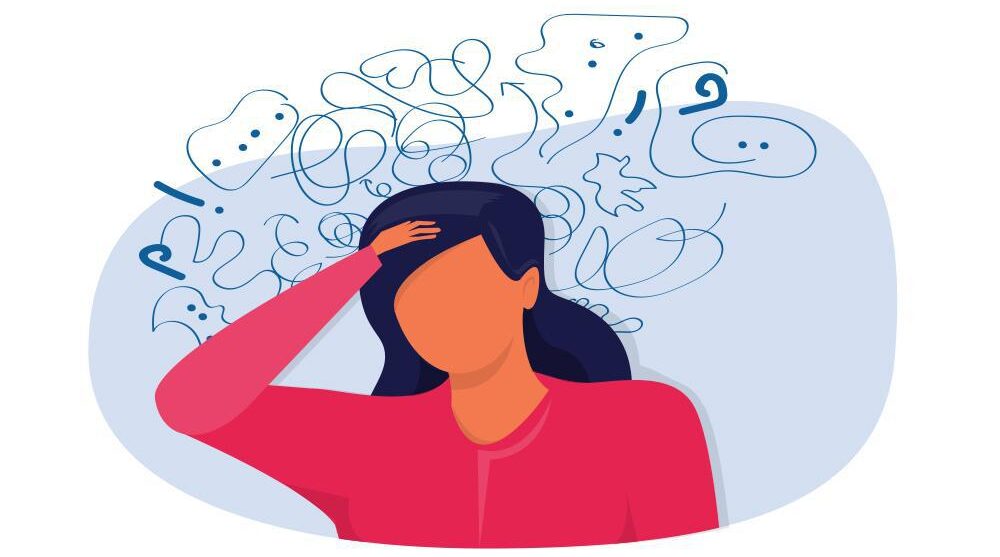Post-Traumatic Stress Disorder (PTSD) and Complex Post-Traumatic Stress Disorder (CPTSD) are both serious mental health conditions that can have long-lasting effects on a person’s life. While they share some similarities, there are also key differences between the two. In this blog post, we will explore those differences and how Ketamine can be relevant in the treatment of both PTSD and CPTSD.
What is PTSD?
PTSD is a mental health condition that can develop after a person has experienced or witnessed a traumatic event. These events may include natural disasters, serious accidents, physical or sexual assault, or military combat. Symptoms of PTSD may include flashbacks, nightmares, avoidance of certain triggers, and hypervigilance.
What is CPTSD?
CPTSD is similar to PTSD, but it is caused by repeated exposure to trauma over a long period of time, often during childhood. This type of trauma can include emotional, physical, or sexual abuse, neglect, or prolonged exposure to violence or chaos. Symptoms of CPTSD may include all of the symptoms of PTSD as well as difficulty regulating emotions, negative self-perception, and difficulty forming healthy relationships.
Differences between PTSD and CPTSD
While PTSD and CPTSD share some common symptoms, there are also some key differences between the two.
PTSD is usually caused by a single traumatic event, whereas CPTSD is caused by repeated exposure to trauma over a long period of time. This means that people with CPTSD may have more pervasive and long-lasting symptoms than those with PTSD.
Another key difference between PTSD and CPTSD is the nature of the trauma. PTSD is often caused by external events such as a car accident or an act of violence, while CPTSD is often caused by chronic, ongoing abuse or neglect. This means that people with CPTSD may have more complex and intertwined symptoms related to their relationship with the abuser or the lack of a secure attachment figure.
How Ketamine can help with PTSD and CPTSD
Ketamine is a dissociative anesthetic that has been used for many years to manage pain and sedate patients during medical procedures. More recently, Ketamine has been found to be effective in treating depression, anxiety, and other mood disorders.
Ketamine works by blocking certain receptors in the brain that are responsible for regulating mood and emotions. This can help to reduce the symptoms of PTSD and CPTSD by decreasing hyperarousal, anxiety, and depression.
Studies have shown that Ketamine can be effective in reducing symptoms of PTSD and CPTSD. In one study, participants with PTSD received Ketamine infusions and reported a significant reduction in symptoms such as anxiety, depression, and dissociation. Another study found that Ketamine was effective in reducing symptoms of depression and anxiety in people with CPTSD.
In addition to its direct effects on symptoms, Ketamine may also help to promote neuroplasticity in the brain. This means that it can help to rewire the neural pathways that are involved in the development and maintenance of PTSD and CPTSD. This can lead to longer-lasting benefits and a reduction in the risk of relapse.
Conclusion
PTSD and CPTSD are serious mental health conditions that can have a profound impact on a person’s life. While they share some similarities, there are also key differences between the two. Ketamine has been found to be effective in reducing symptoms of both PTSD and CPTSD by decreasing hyperarousal, anxiety, and depression. In addition, Ketamine may help to promote neuroplasticity in the brain, leading to longer-lasting benefits. If you or someone you know is struggling with PTSD or CPTSD, consider speaking with a mental health professional about whether Ketamine may be a viable treatment option. It’s important to remember that mental health conditions like PTSD and CPTSD are treatable, and with the right care and support, individuals can experience significant improvements in their symptoms and overall quality of life.
We hope this blog post has helped to shed some light on the differences between PTSD and CPTSD and how Ketamine can be a relevant treatment option. If you have any questions or would like to learn more about our services, please don’t hesitate to reach out to us. We’re here to help you on your journey toward healing and recovery.

